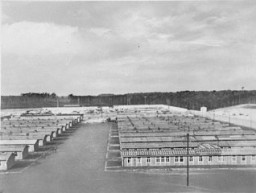You searched for: DAPP矿机理财系统定制开发【TG���������@EK7676】平台包网搭建DAPP矿机理财系统定制开发【TG���������@EK7676】平台包网搭建6QiVdSgmHA
<< Previous | Displaying results 201-210 of 267 for "DAPP矿机理财系统定制开发【TG���������@EK7676】平台包网搭建DAPP矿机理财系统定制开发【TG���������@EK7676】平台包网搭建6QiVdSgmHA" | Next >>
-
Wallace Witkowski describes harsh living conditions for non-Jews in Poland
Oral HistoryWallace and his family were Polish Catholics. His father was a chemical engineer and his mother a teacher. The Germans occupied Kielce in 1939. Wallace witnessed pogroms against Jews in 1942. Wallace was active in the anti-Nazi resistance, acting as a courier between partisan groups. In 1946, in liberated Poland, Wallace witnessed the Kielce pogrom. He was reunited with his father in the United States in 1949; other family members followed. The Communist regime in Poland, however, denied his only sister…
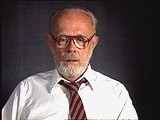
-
Leopold Page describes meeting German industrialist Oskar Schindler
Oral HistoryLeopold was a teacher in Krakow, Poland, when World War II began in 1939. While serving in the Polish army, he was captured by Germans. Leopold escaped from a prisoner-of-war transport. Soon after, he met the German industrialist Oskar Schindler. The two became friends. Leopold was forced to live in the Krakow ghetto. He later worked in Schindler's factory in Bruennlitz. He and the other Jews who worked there were treated relatively well and protected from the Nazis. After the war, Leopold moved to the…
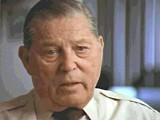
-
Elie Wiesel Timeline and World Events: 1928–1951
ArticleSurvivor Elie Wiesel devoted his life to educating the world about the Holocaust. Learn about key events in the world and his life from 1928–1951.
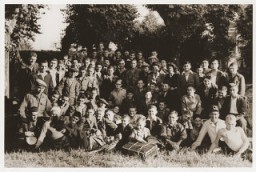
-
Hainewalde
ArticleThe SA established a protective custody camp at Hainewalde in March 1933. Well-known journalist and writer Axel Eggebrecht was among its early prisoners.
-
Testimony on the Escape from the Mir Ghetto by Eliezer Breslin
ArticleRead a summary extract from Eliezer Breslin’s testimony on escaping from the Mir ghetto, given during the WWII war crimes investigation into Semion Serafinowicz.
-
Fürstengrube
ArticleLearn about Fürstengrube subcamp of Auschwitz, including its establishment, administration, prisoner population, and forced labor and conditions in the camp.
-
SS: Decline, Disintegration, and Trials
ArticleIn 1945, the power and influence of the SS in Nazi Germany started to decline. Learn more about the subsequent disintegration and postwar trials.
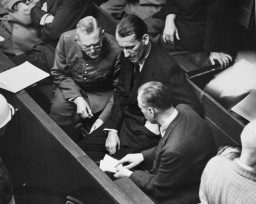
-
Hajj Amin al-Husayni: Key Dates
ArticleKey dates associated with Hajj Amin al-Husayni, former Mufti of Jerusalem who participated in a pro-Axis coup in Iraq in 1941. Explore further
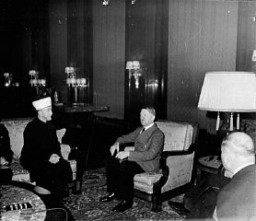
-
Anne Frank: Diary
ArticleThe Diary of Anne Frank is often the first exposure readers have to the history of the Holocaust. Learn about Anne's diary, including excerpts and images.
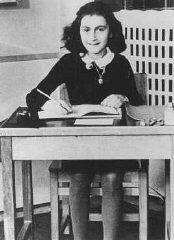
-
Ravensbrück
ArticleLearn about conditions and the treatment of prisoners in Ravensbrück, the largest concentration camp for women in the German Reich.
